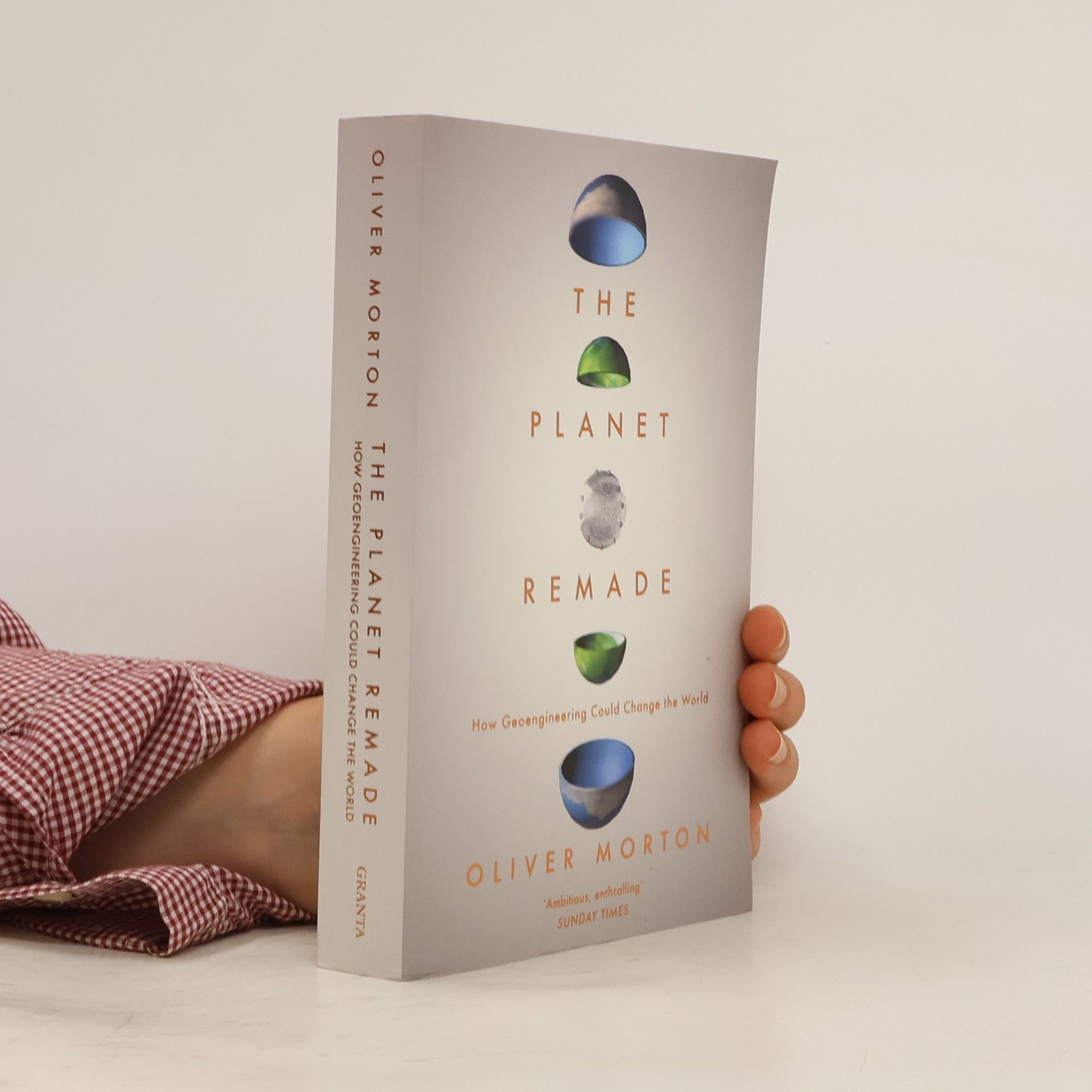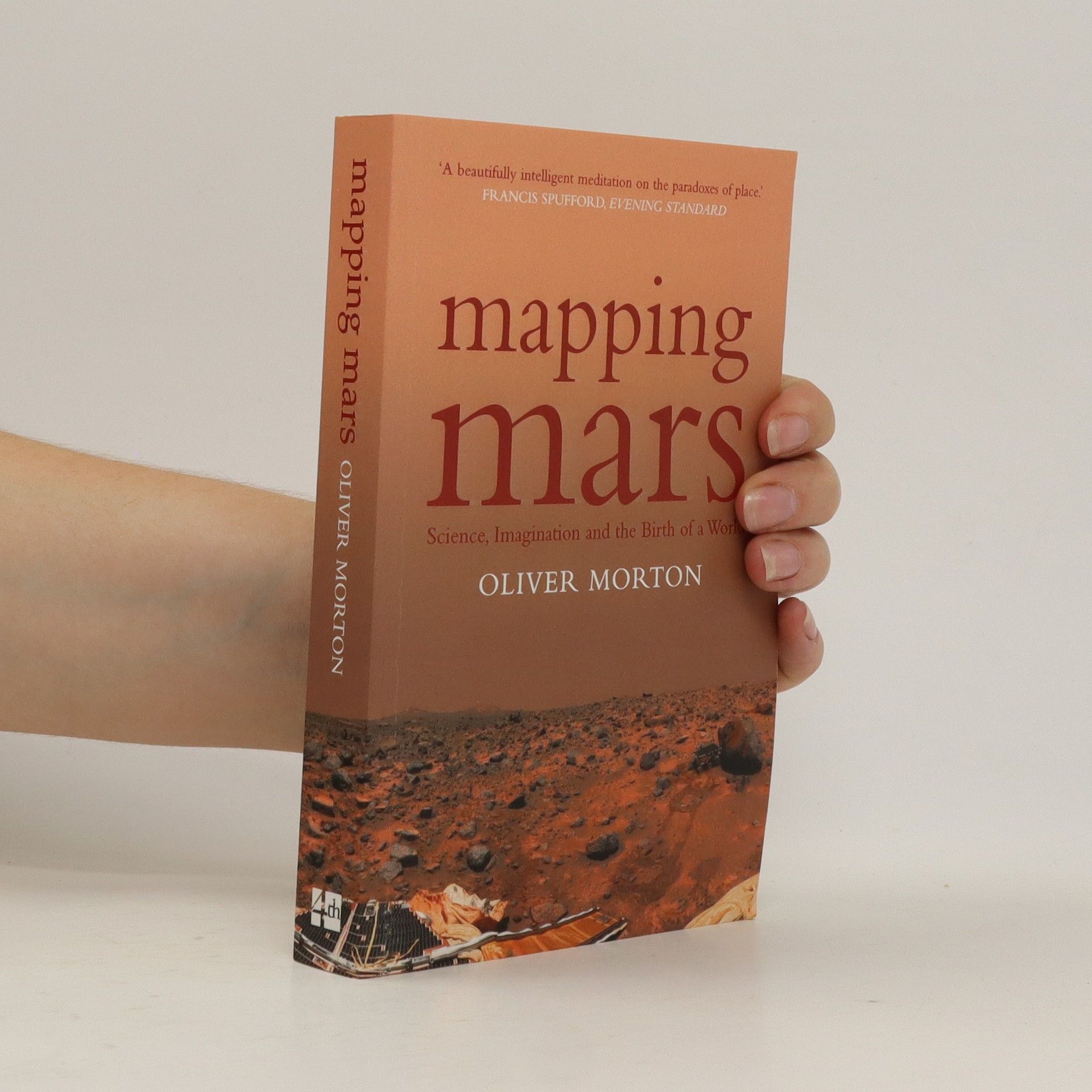Mapping Mars. Science, Imagination and The Birth of a World
- 368bladzijden
- 13 uur lezen
A narrative history of the men and women who have explored Mars and mapped its surface from afar, and in so doing conditioned our understanding of our nearest planetary neighbour. The maps of Mars are exquisitely detailed representations of a land as large as all the continents of the earth combined. Yet they are being drawn before any human eye has seen the wonders they contain. In this fascinating mix of science, travel and the history of scientific imagination, Oliver Morton tells the story of the men and women who are mapping a dramatic, mysterious landscape, without having once set foot on its surface. Filled with awe-inspiring detail about volcanoes twice the height of Everest, basins deeper than the Pacific, 'Mapping Mars' is a breathtaking account of a world opening up to the imagination.


